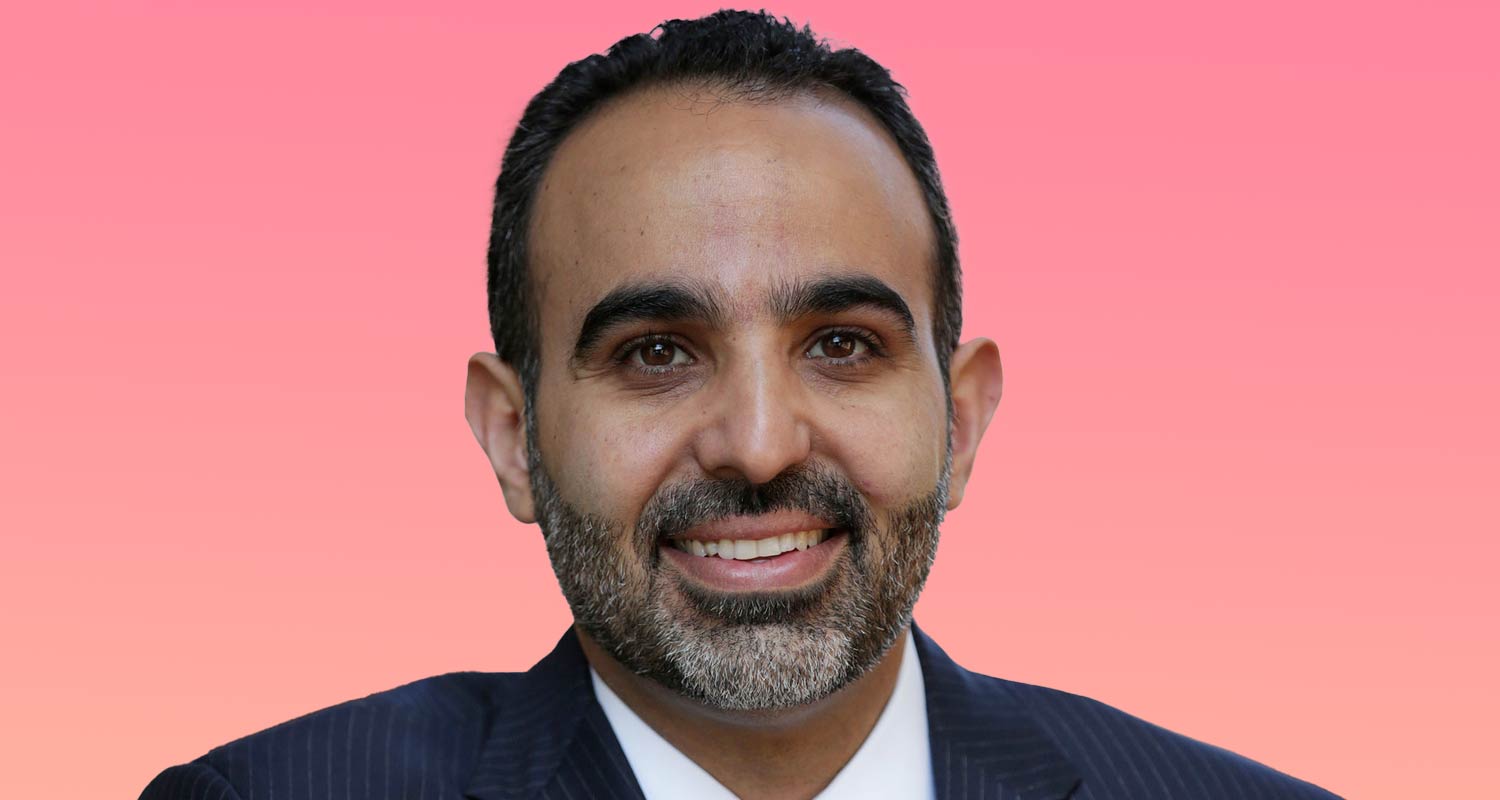The South African Reserve Bank has flagged cryptocurrencies as a new risk to domestic fiscal stability. It said this in the second edition of its Financial Stability Review for 2025, which covers the six-month-period from June to November.
In a presentation on Tuesday, Nicola Brink, head of department for financial stability at the Reserve Bank, said new technologies can be both good and bad, but they present risks that require monitoring and mitigation.
“Technology-enabled financial innovation has been added as a broad risk under which various aspects are monitored. This time around we focus on crypto assets, but we are well aware that there are many aspects of financial innovation that we monitor and we will report on in future,” said Brink.
“The adoption of crypto is increasing in South Africa, both in terms of the number of registered users and the value of crypto assets under custody. One of the key transmission mechanisms through which crypto assets can affect financial stability is through their use in payments and settlements. Also, as crypto payments are borderless, they present an avenue to circumvent exchange controls.”
Analysis done by the Reserve Bank shows that since 1 January 2019, nearly R63-billion has been sent from bitcoin wallets originating in South Africa to bitcoin wallets abroad. Brink said this number is bigger when smaller cryptocurrencies are included.
Framework
To curb illicit international flows, the Reserve Bank and national treasury are working on a framework for overseeing cross-border transactions done using crypto. Amendments to the exchange control regulations are also in the works, said Brink. These are to support prior efforts by the Financial Stability Board such as the publication of an overarching crypto asset regulatory framework in 2023.
Following a high-level review of its members – which includes financial regulatory authorities from more than 20 countries, including the US, UK, China and Brazil – the Financial Stability Board in 2024 found South Africa’s implementation of frameworks relating to stablecoin regulations to be lacking.
“As crypto asset adoption in South Africa grows, so does the need for the domestic regulatory framework to continue to evolve in response to crypto asset market developments and risks,” said the Financial Stability Review.

“South Africa was assessed as having ‘no framework in place’ for regulating global stablecoin arrangements, and ‘partial regulations in place’ for crypto assets.”
Another risk flagged by the Reserve Bank is a lack of comprehensive data regarding cryptocurrency adoption, use and “interlinkages” with the traditional financial system. The Reserve Bank said the lack of data, combined with gaps in crypto asset regulations, could lead to financial instability.
“The South African financial system’s vulnerability will likely continue to increase until the existing gaps in the South African crypto asset regulatory framework have been closed,” it said.
Larry Cooke, head of legal at Binance Africa, said the company “recognises the Reserve Bank’s ongoing efforts to provide guidance and oversight as the crypto sector grows”.
Farzam Ehsani, co-founder and CEO of crypto platform VALR, said it is important to note that crypto assets were flagged as a risk alongside many others including concentration in the South African financial system, increased geopolitical tension and inequitable economic growth.
“It’s important to note that the crypto asset risk was in the lowest risk category as shown in the Bank’s residual vulnerability matrix. It’s just as important to note that crypto assets represent the future of finance.
Read: Discovery Bank opens the crypto gates
“This technology enables a financial system that is more transparent, less costly and more efficient, and which promotes the best interests of South Africa and humanity as a whole. While all promising technologies pose risks that need to be appropriately managed, one should not lose sight of the tremendous benefit they offer to society,” said Ehsani. – © 2025 NewsCentral Media
Get breaking news from TechCentral on WhatsApp. Sign up here.



